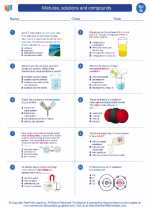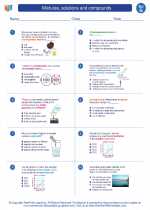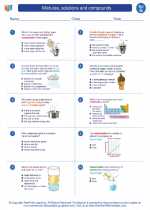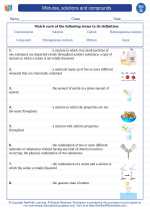Insects: An Overview
Insects are a class of invertebrates within the arthropod phylum. They are the most diverse group of organisms on Earth, with over a million described species. Insects play a crucial role in ecosystems as pollinators, decomposers, and as a food source for other animals.
Anatomy of Insects
Most insects have a three-part body consisting of a head, thorax, and abdomen. They have six legs, antennae, and many have wings. The exoskeleton of insects provides support and protection.
Life Cycle of Insects
Insects undergo metamorphosis, which can be complete (holometabolous) or incomplete (hemimetabolous). In complete metamorphosis, insects go through four stages: egg, larva, pupa, and adult. In incomplete metamorphosis, the young nymphs resemble adults but are smaller and lack wings.
Classification of Insects
Insects are classified into numerous orders, including Coleoptera (beetles), Lepidoptera (butterflies and moths), Hymenoptera (ants, bees, and wasps), Diptera (flies), and Hemiptera (true bugs).
Importance of Insects
Insects have significant ecological and economic importance. They pollinate plants, control pest populations, and serve as a food source for many animals. However, some insects are also pests that can damage crops and spread diseases.
Study Guide
- Describe the anatomy of insects, including their body parts and characteristics.
- Explain the different types of metamorphosis and provide examples of insects that undergo each type.
- List and describe at least five different orders of insects, including their characteristics and examples of species within each order.
- Discuss the ecological and economic importance of insects, highlighting their roles as pollinators, decomposers, and potential pests.
- Identify and describe the significance of insects in food webs and ecosystems.





